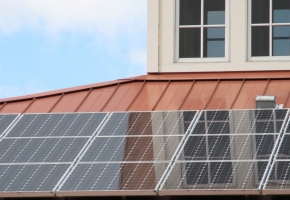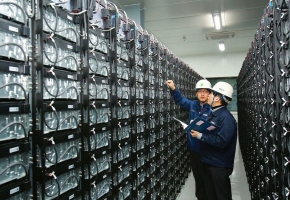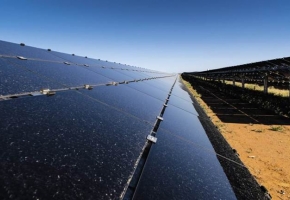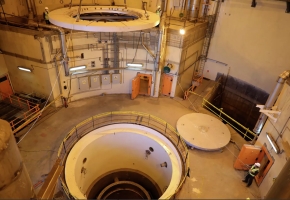Brexit is leading to higher energy prices

A hard Brexit could lead to a further average rise of £61 per year in the event of further devaluation of sterling to pound-euro parity.
The UCL researchers found that energy bills increased overall by £2 billion in 2017 due to the lower value of sterling relative to the euro and US dollar. The average wholesale prices of electricity and gas rose by 18 per cent and 16 per cent respectively in the year after the referendum.
The academics from the UCL Energy Institute and Institute for Sustainable Resources, analysed the behaviour of the wholesale electricity price in the UK alongside the sterling to euro exchange rate between 2012 and 2017, finding that as the exchange rate fell dramatically after the EU referendum the electricity price increased over the subsequent year, directly reflecting the resulting higher cost of energy imports.
The prediction following a hard Brexit is based on an assumption of a further depreciation of sterling to sterling-euro parity. The change in annual bills was calculated assuming everything else is held constant between 29 March 2019 and 29 March 2020.
For the overall report, the researchers aimed to understand the principal determinants of electricity wholesale prices in the UK and some major European markets. Those considered additionally were Germany, France, Italy, Spain, the Netherlands and Norway from 2012 to 2017. The report found Great Britain to be among the most cost-reflective of a sample of European electricity wholesale markets.







